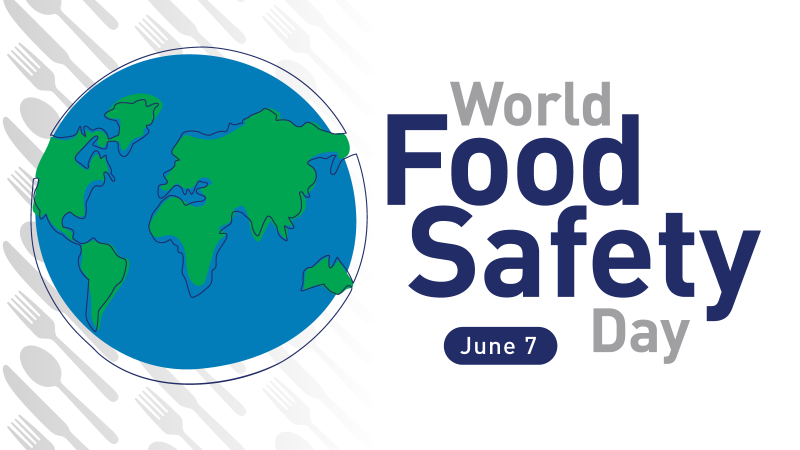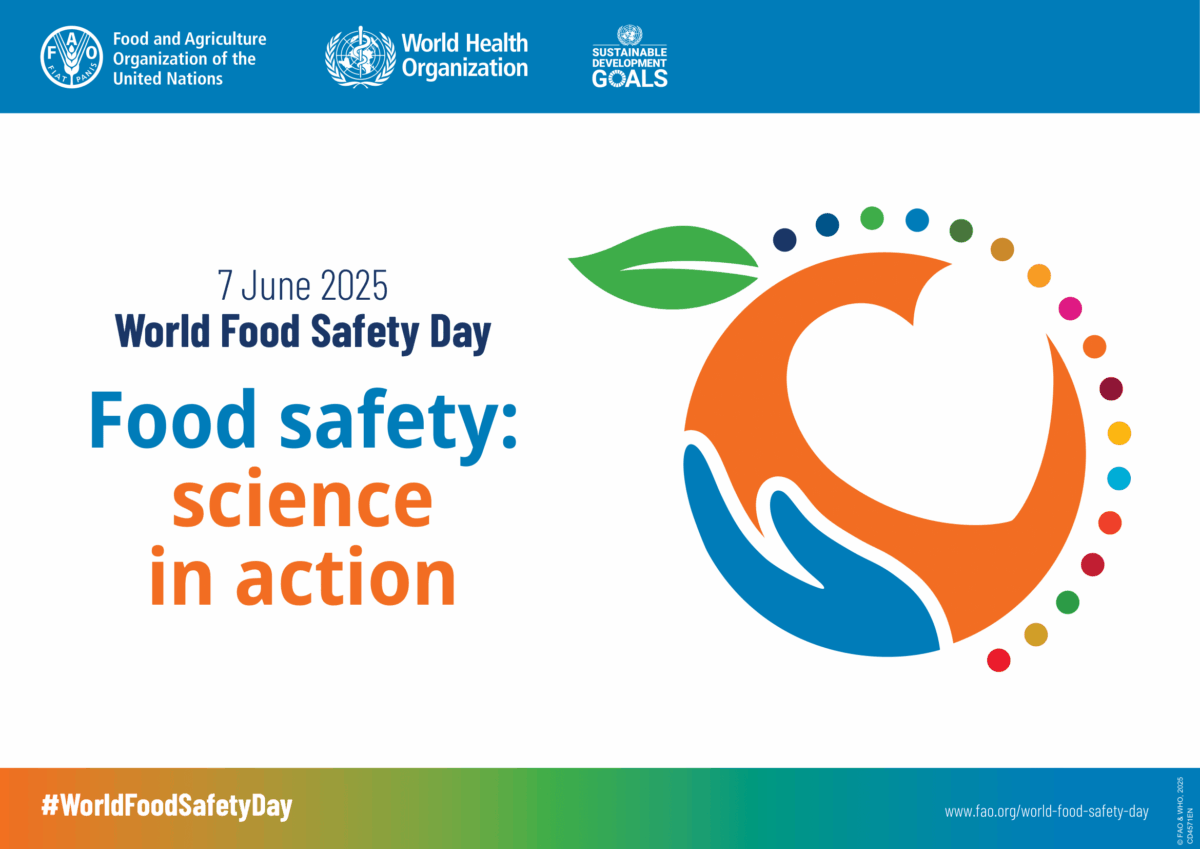World Food Safety Day 2023 is an occasion to commemorate progress and advocate for continued improvement in the safety of our food supply. This year’s theme, “Food standards save lives,” acknowledges the vital role of food standards in protecting consumers and fostering fair food trade globally.
The origins of World Food Safety Day, which takes place each year on June 7, trace back to the United Nations’ (UN) Food and Agriculture Organization (FAO), which has been pivotal in the evolution of food safety since its inception.
Food Safety Throughout the Decades
After numerous foodborne illness outbreaks in the 1990s, the international community sought a more robust food safety system. This period saw the widespread adoption of the Hazard Analysis Critical Control Point (HACCP) system, a preventive method that ensures food product safety by mitigating biological, physical and chemical hazards.
Related: World Food Safety Day 2022: Theme, History and Ways to Get Involved
The HACCP system traces its roots to the 1960s, developed initially by the National Aeronautics and Space Administration (NASA) and Pillsbury to provide safe, long-lasting food for space missions. Through constant iterations, it evolved from three principles to the seven core principles known today. The system gained traction in the 1970s and 1980s, with Pillsbury teaching HACCP classes to US Food and Drug Administration (FDA) inspectors and its application in low-acid canning regulations.
In 1980, the World Health Organization (WHO) issued a report on HACCP, leading to its endorsement by WHO EUROPE in 1983. The National Academy of Science concluded in 1985 that HACCP was an adequate method of ensuring wholesome food, a position that sparked the formation of the National Advisory Committee on Microbiological Criteria for Foods (NACMCF). The NACMCF played a crucial role in promoting HACCP, leading to its adoption by the Codex Alimentarius Commission, an international intergovernmental body in the Joint Food Standards Program established by the FAO and WHO.
The early 1990s marked a significant turning point in the food industry’s approach to food safety. Following an E. coli O157:H7 outbreak in 1993, the fast food chain Jack-in-the-Box became the first of its kind to implement HACCP.
Foodborne Illness Prevention
Foodborne illnesses are surprisingly prevalent, with around 600 million cases reported globally each year. Consequently, food safety is a critical aspect of public health, aimed at ensuring that our food supply is managed with the highest level of care.
The quality of the food we consume directly affects our health, as the nutrients and potential contaminants are absorbed and transported throughout our bodies. Food poisoning, which is typically caused by pathogens in our food, is a common illness resulting in symptoms such as vomiting, aches and diarrhea.
Fortunately, food poisoning can be entirely prevented through the implementation of effective food safety strategies. These measures are designed to keep our food in optimal condition until it reaches our tables and include practices like accurate labeling, maintaining hygiene and the appropriate use of additives and preservatives; however, due to the sheer number of people involved in the food supply chain, enforcing these measures consistently can be a challenge.
Food safety regulatory bodies play a crucial role in facilitating the flow of food safety measures by implementing and enforcing regulations. Organizations like the WHO, the FAO and the FDA have been established to oversee and regulate food safety practices. While these organizations work tirelessly to maintain the safety of our food supply, the enormity of this task necessitates collective vigilance.
World Food Safety Day 2023 serves as a reminder of the significant strides we have made in the past decades, from the establishment of HACCP to the continued evolution of food safety standards. It is also a call to action, reminding us of the work that still needs to be done to ensure that food safety is maintained and improved worldwide. So as we mark World Food Safety Day 2023, let us remember that “food standards save lives” and strive for a future where everyone can trust the safety of the food they consume.












Join or login to leave a comment
JOIN LOGIN